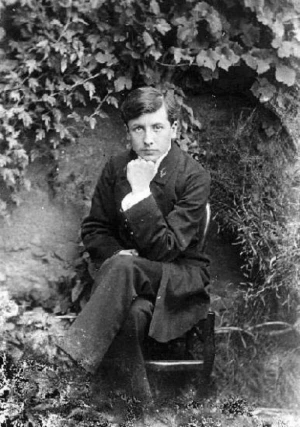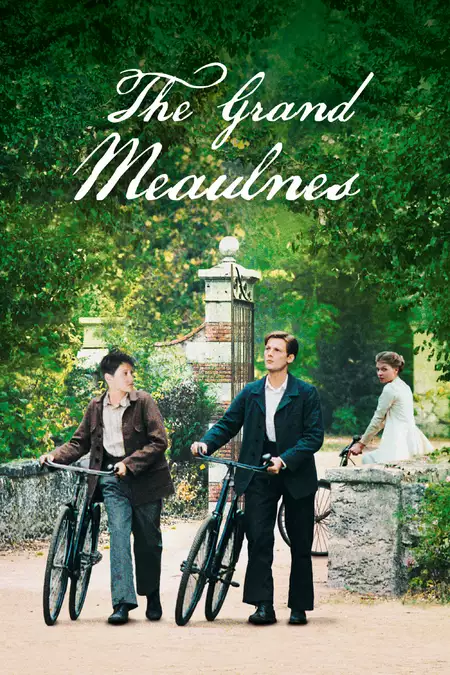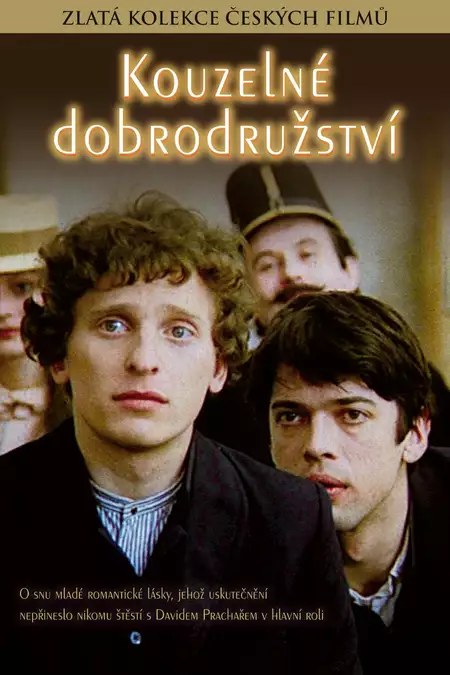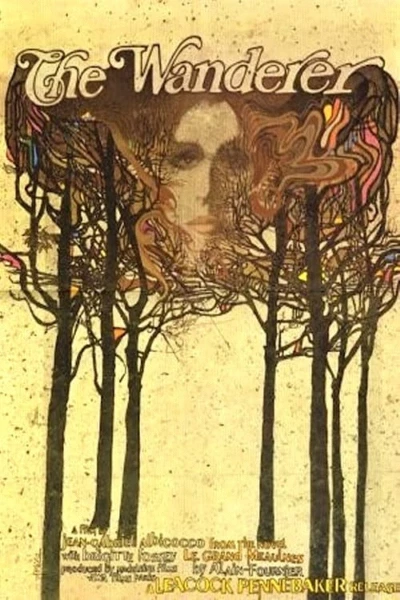Biography
(No Information)
Filmography
all 3
Movies 3
Writer 2
Information
Known ForWriting
GenderMale
Birthday1886-10-03
Deathday1914-09-22 (27 years old)
Birth NameHenri-Alban Fournier
Birth PlaceLa Chapelle-d'Angillon, France
SiblingsIsabelle Fournier Rivière
CitizenshipsFrance
Also Known AsHenri-Alban Fournier
AwardsPrix Jules Davaine, mort pour la France
This article uses material from Wikipedia.
Last updated:
 Alain-Fournier
Alain-Fournier- Filmography
- Information


